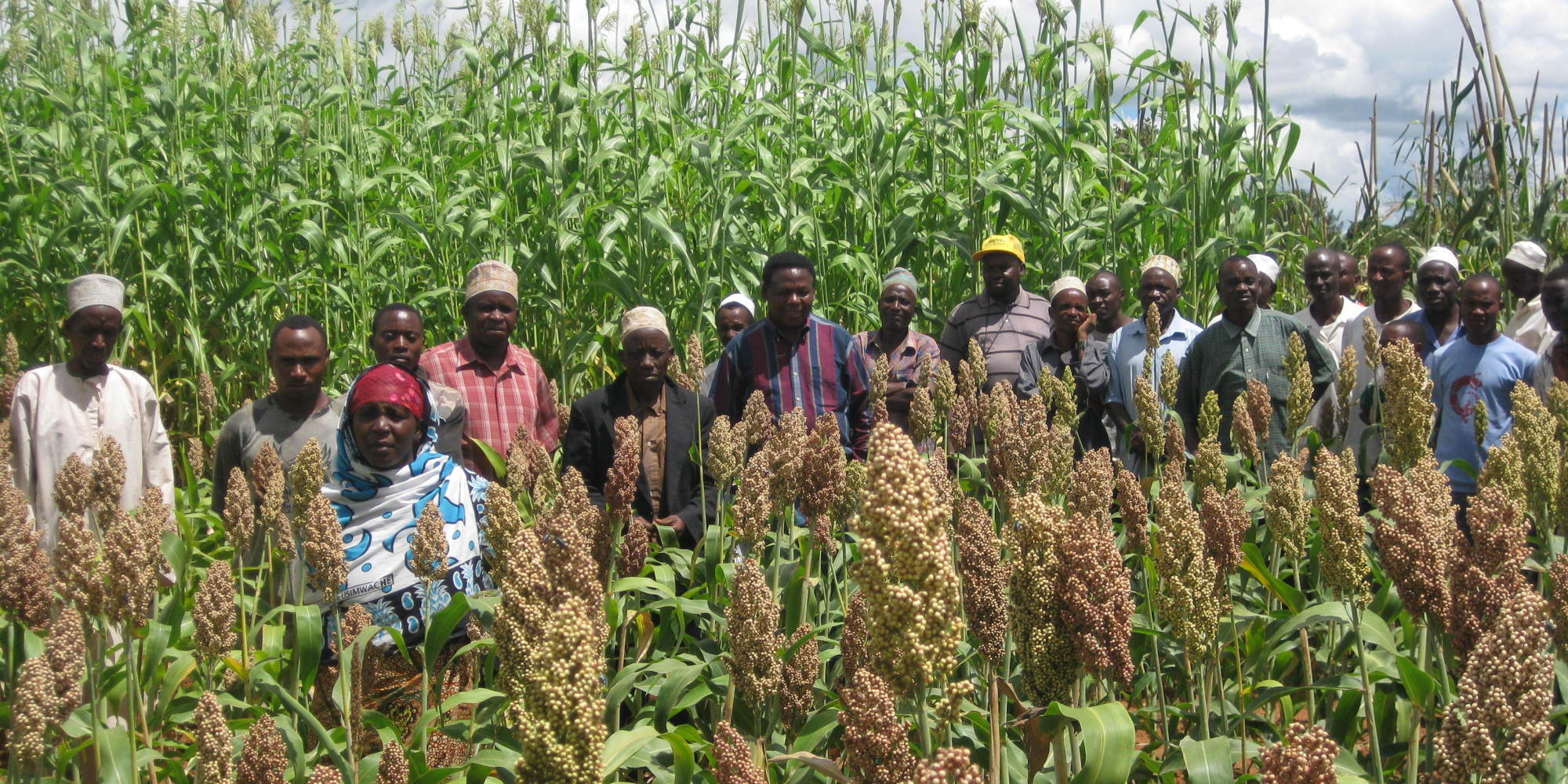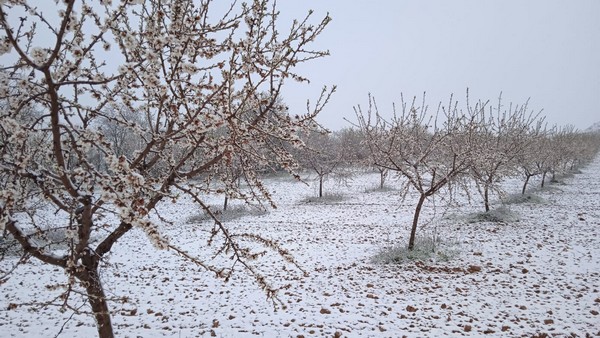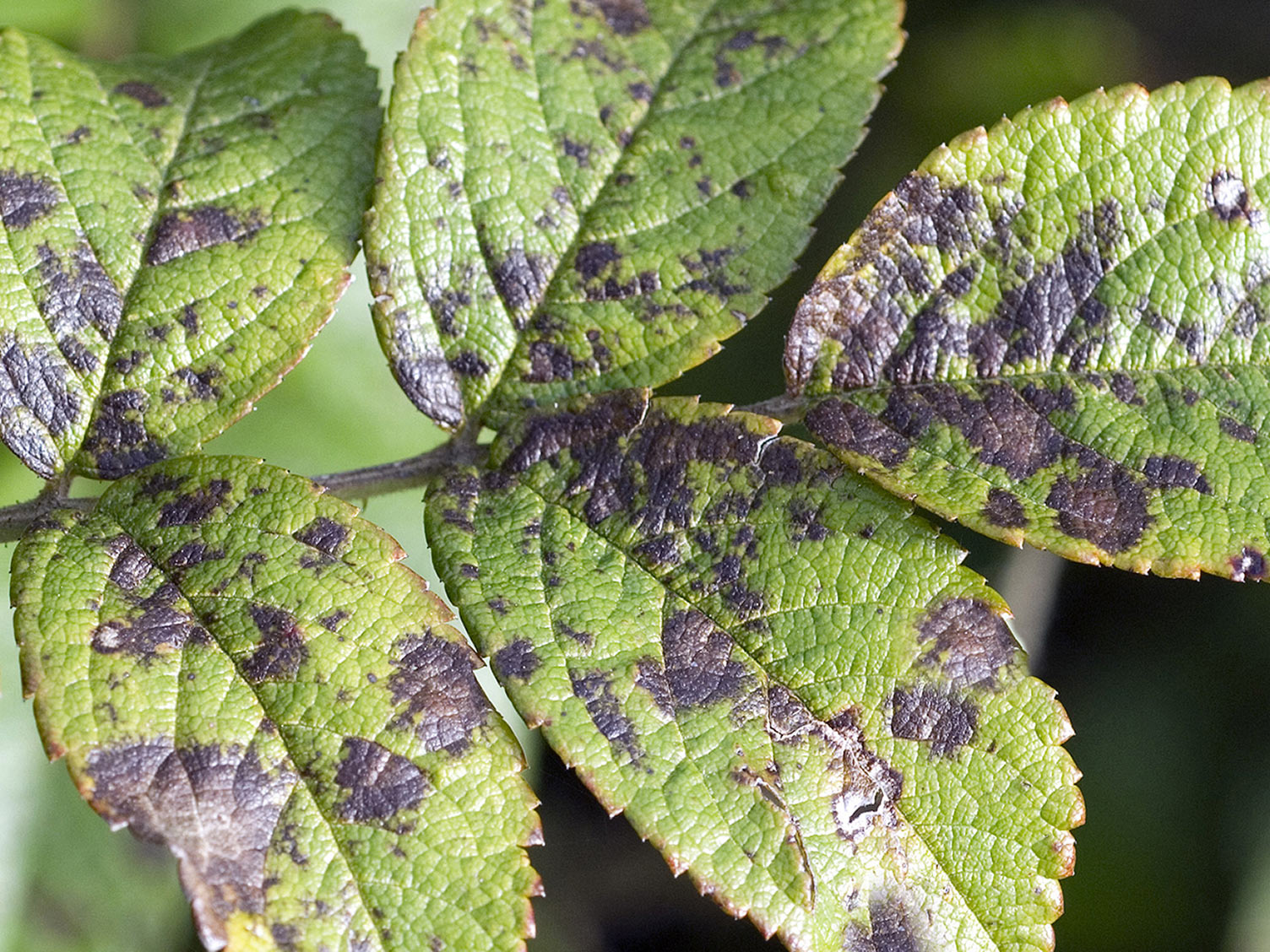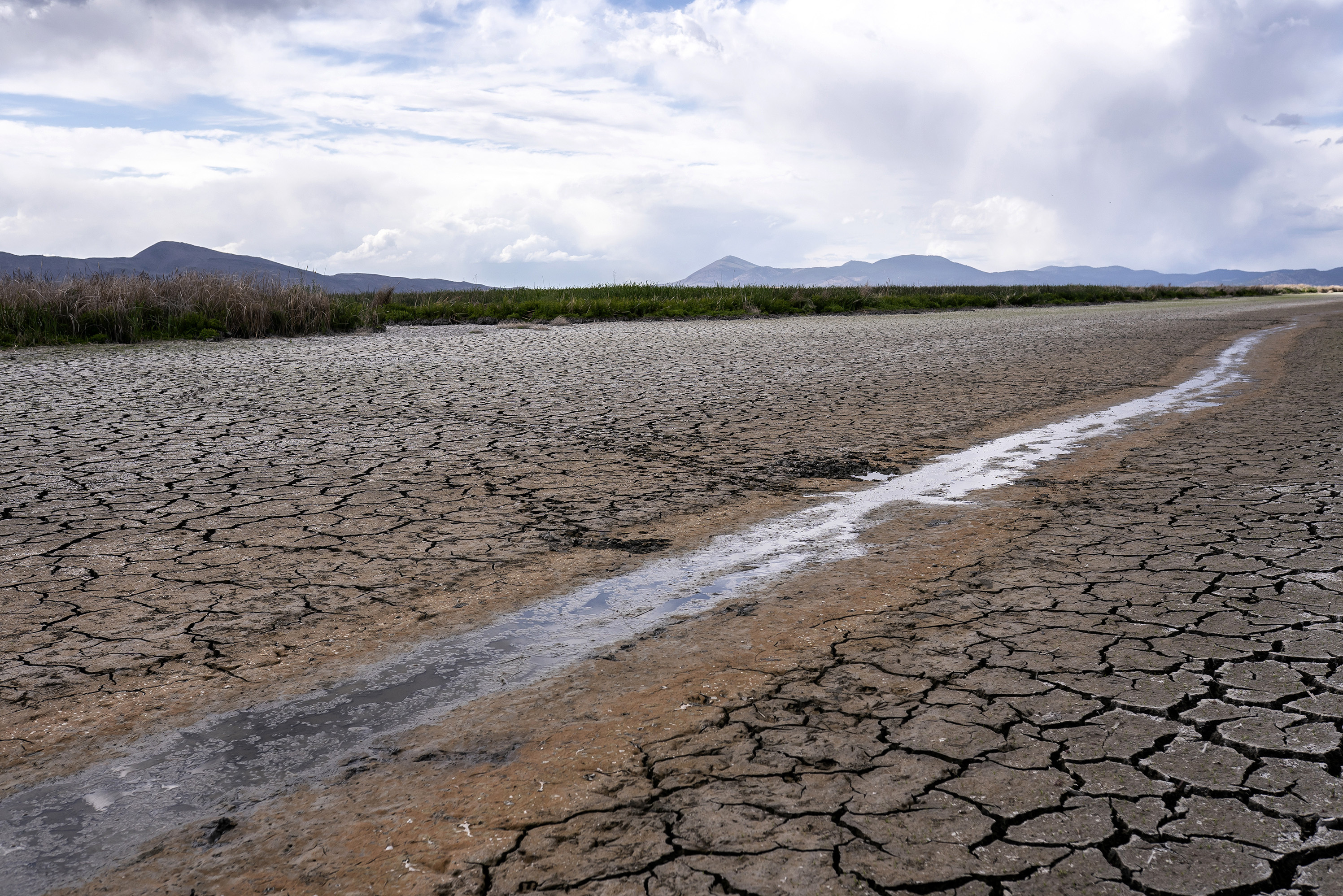The Government is seeking to promote the use of green houses to harvest more from high value crops, in the forthcoming fourth Strategic Plan for Agriculture Transformation (PSTA4).
Dr. Octave Semwaga, Director General for Strategic Planning and Programmes Coordination at the Ministry of Agriculture and Animal Resources (MINAGRI), made the revelation last week at the sidelines of a conference where experts in agriculture and related fields, were debating on this six-year agriculture advancement strategy. PSTA4 will run from 2018 until 2023.
Technology used in greenhouses including steaming soil to sterilize disease agents, and advanced application of pesticides, as well as fertilisers in a well-controlled manner, ensures that a crop gets protected against diseases, and gets more productive compared to cultivation in open land.
The greenhouse technologies, he said, can increase production, and that the government wants farmers to use such technology to engage the private sector in increasing agriculture and livestock production.
"With greenhouses, you can harvest and increase productivity in all seasons and increase productivity of various crops mainly those that can give good reruns on investment, such as in horticulture," he said.
He said that agriculture insurance that the government has introduced, will increase investment in agriculture for farmers to acquire the technologies, which are expensive but cost-effective, as farmers will get finance from banks and other financial institutions because risks will be dealt with.
Mads Knudsen, a private sector development economist at Vanguard Economics, said that green houses are quite expensive, but they can generate a lot of value on a little space for high value crops such as flowers and tomatoes.
He noted that it is a very good idea to use greenhouses, and that it is a very good opportunity for the private sector to look at how they can generate a good profit from investing in greenhouse facilities.
"Some high value crops can be produced in green house and with access to international markets with direct flights to Brussels by RwandAir, that's a great opportunity," Knudsen pointed out.
During a meeting held in Kigali in march, on macro-economic potential impact of agriculture and how to improve it, Arnaud De Vanssay, team leader for rural development at the EU, told Sunday Times that high value crops such as chili, and green beans, have comparative advantages in terms of exports because they are costly, which makes their air transport charges cost effective.
He said that Rwanda should focus on such crops as it targets farm products exports.
John Sindikubwabo, a tomato farmer from Rukomo Sector, Nyagatare District told Sunday Times that greenhouses have advantages compared to open land farming, because they allow effective drip irrigation where a drop of water is let onto a crop in constant manner, enabling proper irrigation and addressing therefore, climate change effects on yields.
However, farmers said that greenhouses are expensive for many Rwandan farmers, citing one with 15 meter for length to 8 meters of width in dimension which costs about Rwf2.3 million. High tech facilities even cost higher than that value.
Another issue is about lack of skills for many farmers to use and take care of such costly facilities.
"Greenhouses enable the growing of crops, such as tomatoes in a vertical manner whereby a farmer can harvest on say five-meter tall tree. But, there is a need to facilitate farmers get means to afford them," he said.
According to information from the National Agriculture Exports development board (NAEB), Rwanda is seeking agricultural transformation through private investment, built on inclusive business models.
Rwanda has a growing number of export crops, as well as a broad range of crops with high potential for development.
Such crops include new varieties of Summer Flowers and Potted Plants; Tamarillos (tree tomatoes); French Beans and Snow Peas; chillies, and Fresh herbs:
Horticulture is seen as critical for exports growth and diversification aiming to increase horticulture exports more than tenfold, from $11m in 2013 to $120m by 2018, data from NAEB show.
Source - http://allafrica.com













